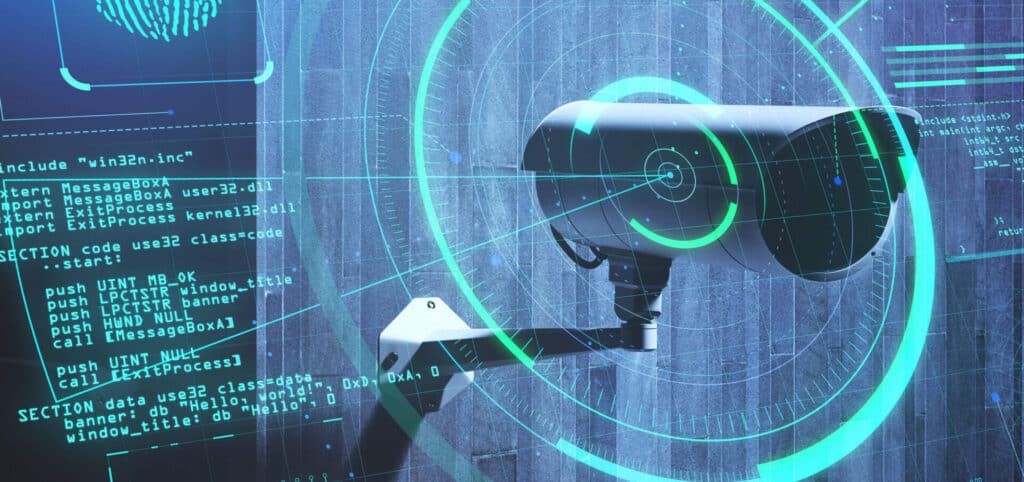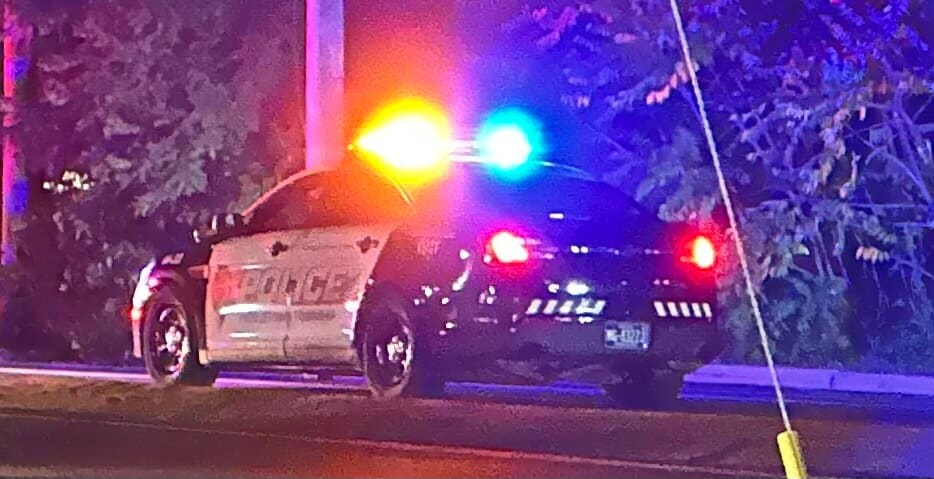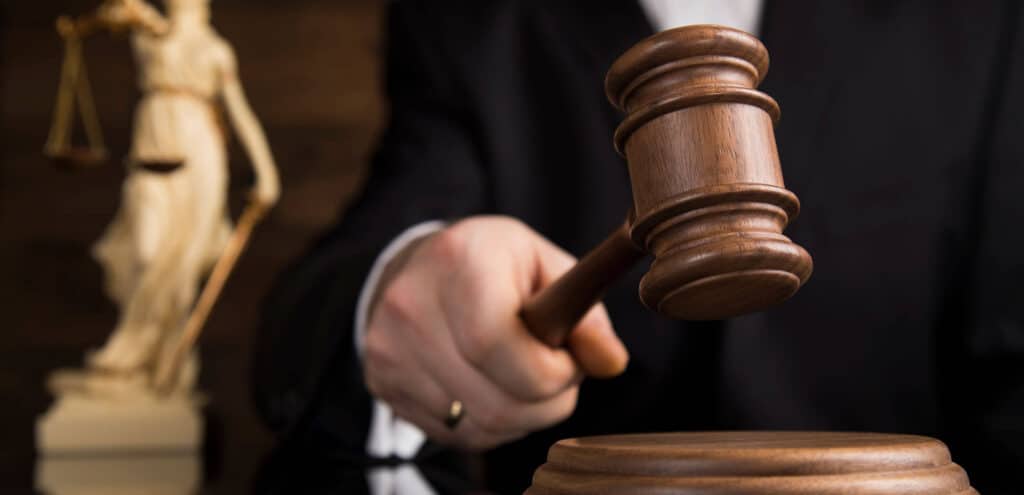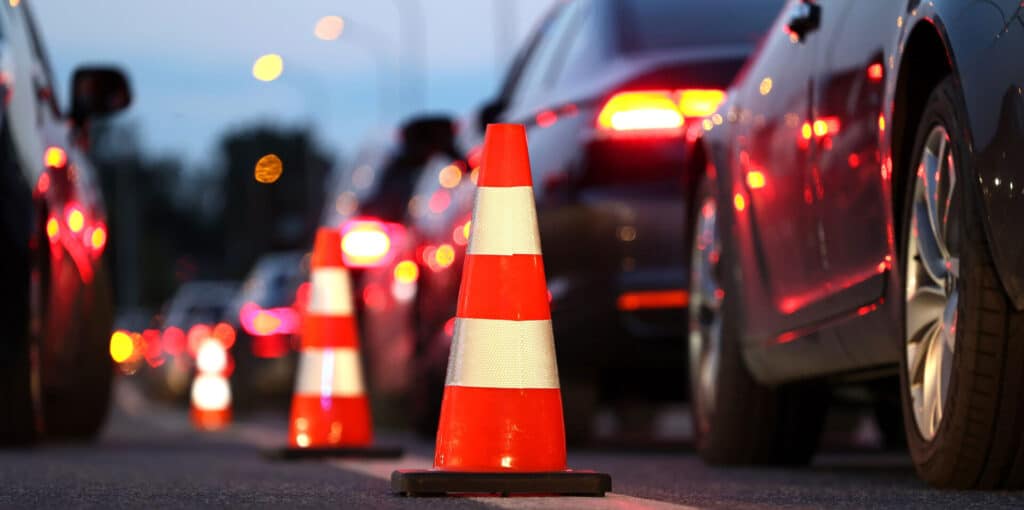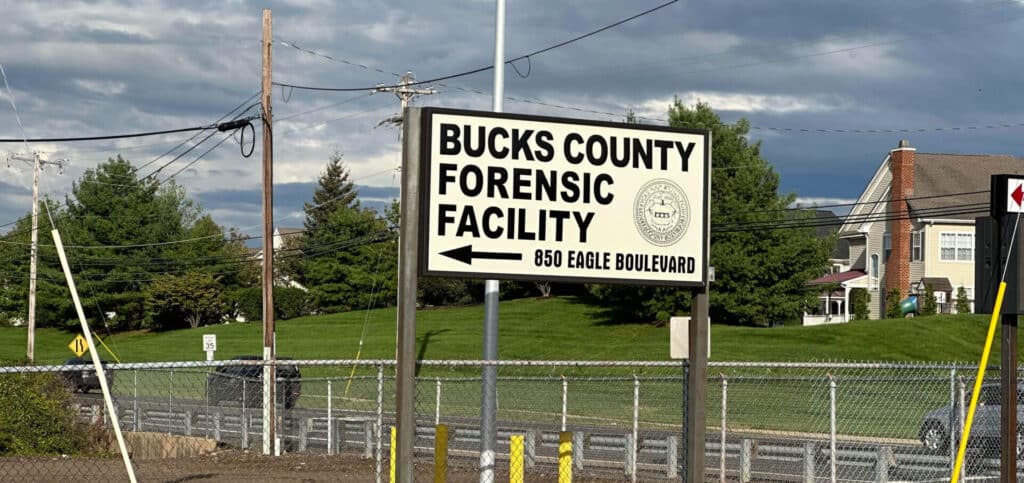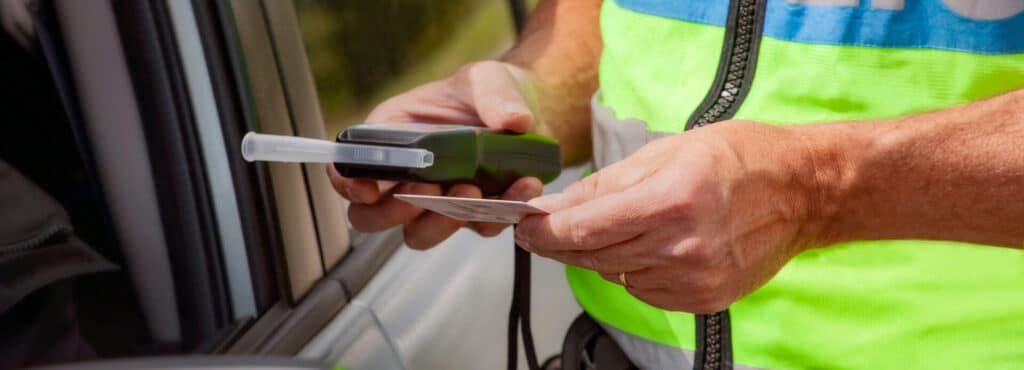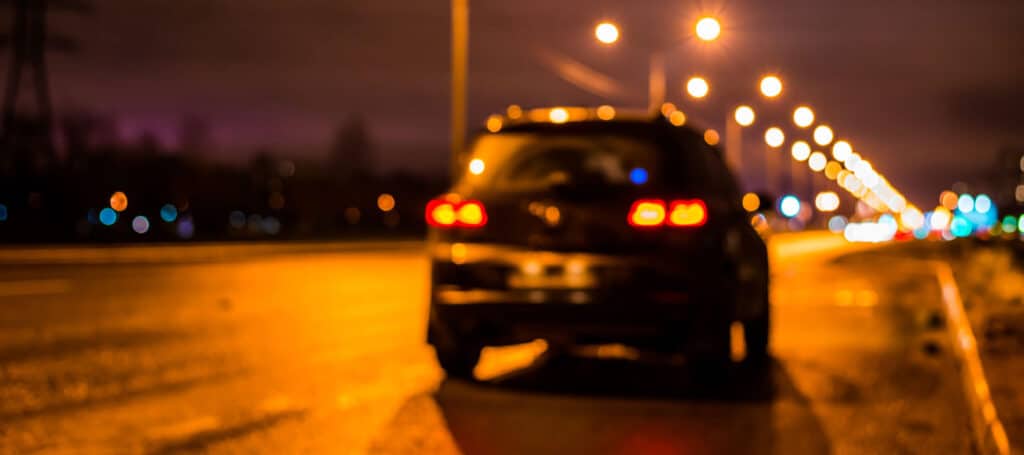Have the police arrested you for DUI in one of the suburban Pennsylvania Counties? You are worried about the consequences and wondering if you can get the charges dismissed? With my extensive experience, I will explain the PA DUI defenses and provide you with the most effective defense strategies to resolve your case. Don’t let a DUI arrest ruin your life. Contact me at (215) 752-5282 for a free DUI consultation.
DUI Lawyer Pennsylvania
Were you arrested for suspicion of DUI? If so, I have over a decade of experience providing skilled and aggressive representation to individuals charged with DUI in Bucks County, Montgomery County, Delaware County, Philadelphia County, and the surrounding Pennsylvania suburban counties. In addition, I offer payment plans.
Call me at (215) 752-5282 or fill out the confidential contact form for an immediate response. Appointments are available after business hours and on weekends.
Is it Worth Fighting a DUI?
Yes. Most DUI convictions will result in a lengthy personal driver’s license suspension. Do you hold a commercial driver’s license? If so, you may face a CDL disqualification for between 1 and 3 years for a first-offense DUI.
Also, a DUI conviction may result in the suspension or revocation of your personal or professional license or certification. In addition, almost every DUI charge carries mandatory jail, excessive fines, and court costs. You can review the Pennsylvania DUI Penalties page to determine the amount jail time you may face.
I am one of the most accomplished DUI lawyers in PA. Don’t risk your future with the wrong attorney.
Is it Worth Getting a Lawyer for a DUI?
Yes. Pleading guilty to driving under the influence without consulting a lawyer and exploring your possible defenses is almost always a mistake. Also, it is crucial for you to understand how to get out of a DUI when pulled over.
There may be DUI loopholes or proof that the police violated your rights before or after your arrest. As a result, a judge may toss your DUI case, or we can negotiate with the prosecutor for reduced charges.
I have personally handled over 2,500 DUI cases involving many different situations. In addition to my extensive DUI defense experience, I offer DUI help at an affordable price.
I Got a DUI Now What
DUI Attorney Free Consultation
Contact me immediately to schedule an in-depth consultation. Unfortunately, appearing in court for a DUI without a lawyer can have catastrophic consequences. Furthermore, the PA DUI court process overwhelms most people without a legal background.
I will begin the process by conducting a detailed interview with you. We will cover the specific circumstances of your DUI arrest before, during, and after your contact with the police.
Also, I will explain what evidence the government needs to convict you of DUI and whether the government can meet that burden in your case. The information I obtain during our initial consultation will establish the foundation for investigating and developing potential legal defenses to your DUI charge.
In addition, as a result of the initial formal interview, I may immediately request that the police preserve all body-cam and dash-cam videos of the arrest and any blood samples obtained from the accused as part of the investigation. As an experienced Pennsylvania DUI attorney, I know how to win a driving under the influence case.
DUI Investigation
Many DUI cases will require an independent defense investigator to conduct a thorough DUI defense investigation to uncover any exculpatory evidence supporting the legal defense of the accused.
Also, an experienced private detective often finds critical evidence that the police overlooked, including:
- Surveillance video
- Witness statements
- GPS data from the vehicle
- Medical records
It is essential to begin the defense investigation at the earliest possible stage of the DUI case. Fortunately, my professional network includes many highly skilled defense investigators.
Investigating and Developing Successful DUI Defenses
To determine the best DUI defense strategy, I may consult with experts in the following fields:
- Toxicology (the study of the adverse effects of drugs and alcohol on humans)
- Pharmacology
- Accident reconstruction
- Emergency medicine
- Medical trauma
- Police practices and procedures (examine whether proper DUI police procedures were followed during the DUI pullover)
Often, a defense forensic expert can help win the case by testifying at the DUI trial to rebut the opinions and conclusions of the prosecutor’s experts.
How to Beat a DUI Case
Challenge the Car Stop
As an experienced DUI attorney, I will carefully analyze all the evidence when a driver is stopped on suspicion of DUI. There are limited legal circumstances under which the police can pull over your vehicle for a DUI stop.
The police must possess reasonable suspicion that a driver is under the influence of alcohol or drugs or have reasonable suspicion or probable cause to believe that a driver violated the vehicle code. In addition, the police may conduct a traffic stop if they have probable cause to believe a person committed a crime.
In many cases, the police establish reasonable suspicion or probable cause for the traffic stop through their subjective observation that the driver is speeding, failing to maintain the traffic lane, or committing other traffic offenses.
The police officer’s observations can be easily attacked and discredited by presenting the driver’s testimony and the dash camera video of the incident.
Motion to Suppress DUI
I can challenge the arresting officer’s legal basis for the vehicle stop. This is done by filing a motion to supress evidence in a DUI case. The judge may rule that the police lacked probable cause or reasonable suspicion to justify the car stop.
What happens if a Motion to Suppress is Granted
Suppose the court grants the DUI Motion to Suppress. In that case, the evidence supporting the DUI charge will be excluded from the trial under the 4th Amendment exclusionary rule. Also, the prosecutor has 30 days to decide whether to appeal an adverse suppression ruling.
The district attorney often does not appeal the court’s suppression order, especially when your lawyer presents solid legal arguments supporting your case. At that point, the prosecutor will usually withdraw or dismiss all charges.
Examples of evidence that the court can suppress or exclude include:
- Blood test results
- Incriminating statements made by the driver
- Drug evidence located in the vehicle
- Field sobriety test evidence
- Any other incriminating evidence
I specialize in identifying suppression issues in DUI cases.
Next Ask: Did the Police Have Probable Cause for DUI Arrest?
Assuming that the initial car stop is legal, the police must establish probable cause that you are driving under the influence of alcohol, drugs, or a controlled substance.
The police will often claim that probable cause exists for a DUI arrest based on any combination of the following factors:
- The driver admits to drinking
- The vehicle operator has slurred speech
- The driver has bloodshot eyes
- The driver has difficulty standing
- The operator of the car fails field sobriety testing
- The police detect an odor of alcohol from the driver
- The driver has difficulty producing a license, registration, or insurance card
Unfortunately, these factors are often based on the police officer’s biased, subjective perceptions rather than objective, verifiable facts. There are often many innocent explanations for the observations police attribute to intoxication, including medical conditions and pre-existing physical injuries.
Medical Conditions Can Mimic the Appearance of Alcohol or Drug Impairment
Certain medical conditions have symptoms similar to those of someone who is intoxicated. A Motion to Suppress Evidence can be filed in cases where the police lacked probable cause to make a DUI arrest.
Suppose the trial court concludes that the police lacked probable cause for the DUI arrest; in that case, the evidence that flowed from the arrest will be excluded from the trial, often resulting in a dismissal of the charges. This is referred to as the fruit of the poisonous tree doctrine.
Difference Between Probable Cause and Reasonable Suspicion
Probable cause is a higher legal standard than reasonable suspicion. There must be facts and circumstances to convince a police officer that you are committing a crime to establish probable cause.
In contrast, the police meet the reasonable suspicion standard when the evidence in the case convinces them that criminal activity is afoot. Reasonable suspicion is more than a hunch but less than probable cause.
I am highly skilled in identifying cases where the police lacked probable cause to conduct a DUI arrest. Are you searching for a free DUI consultation near me? If so, call me at (215) 752-5282.
DUI Checkpoint PA
Did the police charge you with a checkpoint DUI? Pennsylvania roadside DUI checkpoints must comply with specific federal and state constitutional requirements to be legal.
I will examine the circumstances of the DUI checkpoint arrest for the following factors:
- How long did the police stop the vehicle at the checkpoint?
- Did the police provide the required advance notice for the checkpoint?
- Did the police set up the checkpoint at a legal time and place?
- Did the police follow the legal guidelines for stopping drivers at the checkpoint?
A Motion to Suppress Evidence can be filed if the police violated the constitutional requirements for a lawful DUI check point.
I will thoroughly review the legality of all of the procedures used by the police in planning and conducting the DUI checkpoint. Finally, I will fight for you in court if the police violated your constitutional rights before, during, and after the DUI checkpoint.
Fighting the DUI by Using the Police Dashboard Camera Video
Most local and state law enforcement use police dashboard cameras and body cameras. As a result, these cameras capture many aspects of a DUI arrest. These devices record pre-arrest driving behavior, initial police interactions with the driver, field sobriety tests, and post-arrest driver behavior.
Make Sure the DUI Police Video is Preserved
The police will often fail to maintain a copy of the dash-cam and body-cam evidence as evidence after your arrest. Therefore, I use an investigator to subpoena the body and dashboard camera recordings.
If necessary, I will make a written request to the police for the preservation of all video and audio related to the DUI arrest. Finally, the failure of the police to preserve the audio and video evidence can be used as evidence to get your DUI case dismissed.
Why I Use the Police Video During the DUI Trial
I have been able to produce the police dash-cam or body-cam video during the trial to contradict the police officer’s justification for the vehicle stop and DUI arrest.
The failure of the police to properly preserve video evidence of the DUI arrest can result in a violation of your state and federal constitutional rights.
In some cases, I have convinced the judge or jury that the police acted in bad faith in not preserving the video evidence. In those cases, the judge or jury will assume that the video was helpful to the defense of the Defendant.
A DUI jury will frequently return a verdict of not guilty if they believe that the police intentionally or negligently lost or destroyed evidence favorable to the accused in a DUI case.
Are Field Sobriety Tests Accurate?
No. A common question clients ask me is: How accurate are field sobriety tests? During the vehicle stop, the police may request that you perform several National Highway Traffic Safety Administration or NHTSA standardized DUI field tests.
When you perform the tests, the police will document standardized field sobriety test clues for signs of impaired driving. The police officer will add up the total number of NHTSA DUI clues before deciding whether you are driving while intoxicated.
What are the 3 Field Sobriety Tests
The 3 tests for drunk drivers approved by NHTSA include:
- Horizontal Gaze Nystagmus Test (drunk driving eye test)
- Walk and Turn (heel-to-heel walking test)
- One Leg Stand Test (one-leg standing balance test)
Scientists consider standardized field sobriety tests or SFST tests to be more reliable because the tests can be conducted in a consistent way each time they are given. In theory, the police must administer the tests consistently and uniformly each time they conduct the DUI tests. In reality, the police rarely do this.
In my experience in over 1,000 DUI cases, very few local police officers and Pennsylvania State Troopers know how to properly administer the NHTSA drunk driving tests.
Unfortunately, the police will often use the results of your performance on a DUI field test as the deciding factor in charging you with DUI.
How I Prove that the Field Sobriety Tests are Unreliable
Most field sobriety tests (FSTs) are challenging to perform by completely sober people under ideal conditions. Unfortunately, no matter how well you think you may have completed the tests, the police are inclined to interpret the results against you.
I have an extensive understanding of the specific testing requirements and proper testing procedures for all FSTs conducted by the police.
In many cases, I have successfully discredited the prosecutor’s conclusions regarding your performance on the FSTs through aggressive cross-examination of the police officer who conducted the testing.
In some cases, I have also used an independent expert in standardized field sobriety testing to refute the opinions and conclusions of the police. Read the DUI Field Sobriety Test Lawyer page for more information about each DUI test.
Challenging the DUI Blood Test Results
Many DUI cases can be successfully defended in court by demonstrating that the police or laboratory did not follow proper chemical testing procedures.
DUI Blood Test at Hospital
After the police arrest you for impaired driving, the police will often take you to the local hospital for a DUI blood draw.
Sometimes, lab technicians fail to properly follow protocols for collecting and processing blood samples. In addition, it may be necessary to hire our own expert to re-test a blood or urine sample to confirm the accuracy of the state laboratory’s testing results.
Understanding DUI Blood Sample Chain of Custody
For example, I often prove that the hospital did not establish a proper DUI chain of custody. Chain of custody rules require that each person who took possession of the blood evidence must document it in writing on a chain of custody form.
Without proof of a proper chain of custody of the blood, I can argue to the judge that the blood has been contaminated or altered and should be excluded as evidence in your case.
It is crucial to independently analyze the circumstances under which the blood or urine sample was handled and transported. Also, I will review how the DUI blood sample was tested to verify that the testing equipment was working correctly and calibrated according to state regulations.
I Use an Independent Toxicologist in the DUI Defense
I will frequently hire an independent toxicologist to review the state laboratory testing equipment and the procedures and protocols used by the technicians to process the blood test for DUI.
In many cases, I will use an independent defense toxicologist to testify at trial to dispute the DUI blood test accuracy. I know how to fight a DUI blood test to keep it out of evidence.
I Will Challenge the Breath Test Results
In DUI cases involving breath testing, it is critical to review whether all proper breath testing procedures were followed by the police. The Pennsylvania Code requires the police to follow specific guidelines when conducting chemical testing for DUI using a breathalyzer machine.
Therefore, it is crucial to analyze the following issues in any DUI case involving the use of a breathalyzer device:
- Did the police use an approved breathalyzer device?
- Did the police comply with the 20-minute pre-test observation period?
- Was the breathalyzer operator properly certified?
- Was the breathalyzer device properly calibrated?
- Was the breathalyzer device inspected for accuracy?
- Was there an improper difference between the 2 breath test results?
A judge may exclude the DUI breath test evidence if the police fail to follow the breath testing procedures and protocols. Explore the PA DUI Chemical Testing and Defenses page for more information.
Can the Police Prove You Were Operating the Vehicle?
To achieve a conviction for DUI, the prosecutor must prove every element of the driving under the influence crime beyond a reasonable doubt to a judge or a jury.
One element of the DUI statute requires the prosecutor to prove that you drove, operated, or were in “actual physical control” of a vehicle. However, there are many instances when the police and prosecutor cannot prove this element of the DUI law.
The police will often make an arrest for DUI without establishing that the accused was actually driving or operating the vehicle identified in the investigation.
Examples include situations in which the police arrive at an accident scene and discover that the car is unoccupied or in cases where police locate the accused in the passenger seat of the vehicle.
DUI When Not Driving
One of the most common questions I receive from clients is: Can you get a DUI without driving? The answer is Yes, but it is much more difficult for the police to prove this case in court.
In the “engine off” cases, the police will try to prove that a DUI suspect was in actual physical control of the car by looking at different factors, including:
- Is the hood of the vehicle warm?
- Where is the car parked?
- What is the driver’s explanation for being behind the wheel?
- Is there video or eyewitnesses proving that the driver was operating the vehicle?
It is difficult for a prosecutor to win a DUI conviction in cases where the vehicle is found in a parked position with the engine off on a street or other roadway.
Winning Actual Physical Control Cases
The police often file DUI charges in actual physical control cases based on highly questionable and unreliable evidence. In these cases, I have successfully established that the accused was not legally operating the vehicle but was sleeping off intoxication or extreme fatigue.
In other cases, I proved that another person was driving the vehicle before the arrival of the police. I have extensive trial experience successfully defending actual physical control DUI cases.
I Get DUI Cases Dismissed
Are you trying to get your DUI case dismissed? I won’t allow the DA to get the upper hand against you in court. Being charged with a DUI is a highly stressful situation for most people.
Unfortunately, mandatory jail time, significant fines, and the loss of your driving privileges are just a few of the life-altering consequences you may face.
For example, most people charged with DUI are 1st-time offenders unfamiliar with the court process. Also, the district attorney has unlimited resources to prosecute your case.
I am skilled in evaluating the specific facts of your case, assessing your concerns, and achieving successful case results. Finally, I will employ the most effective strategy to minimize the consequences of your DUI case, including taking the case to trial before a judge or jury if necessary.
DUI Lawyer Free Consultation
Searching for affordable DUI lawyers near me? Did the police charge you with driving under the influence in Bucks County, Montgomery County, Philadelphia County, or the surrounding Pennsylvania suburbs? Contact me to discuss your DUI defense options.
Phone lines are open 24 hours a day at (215) 752-5282. Call today for a free initial consultation, or fill out the confidential contact form for an immediate reply.

